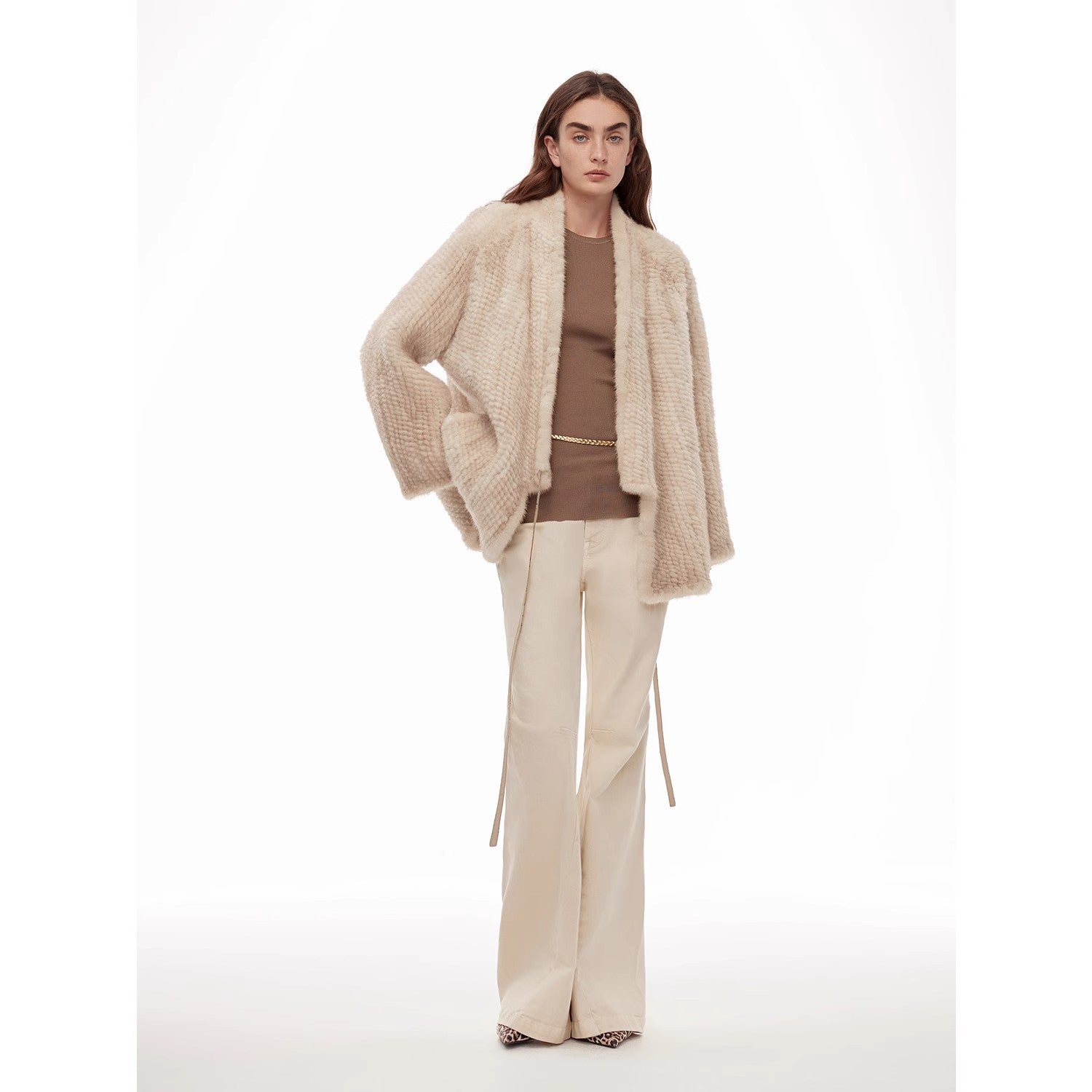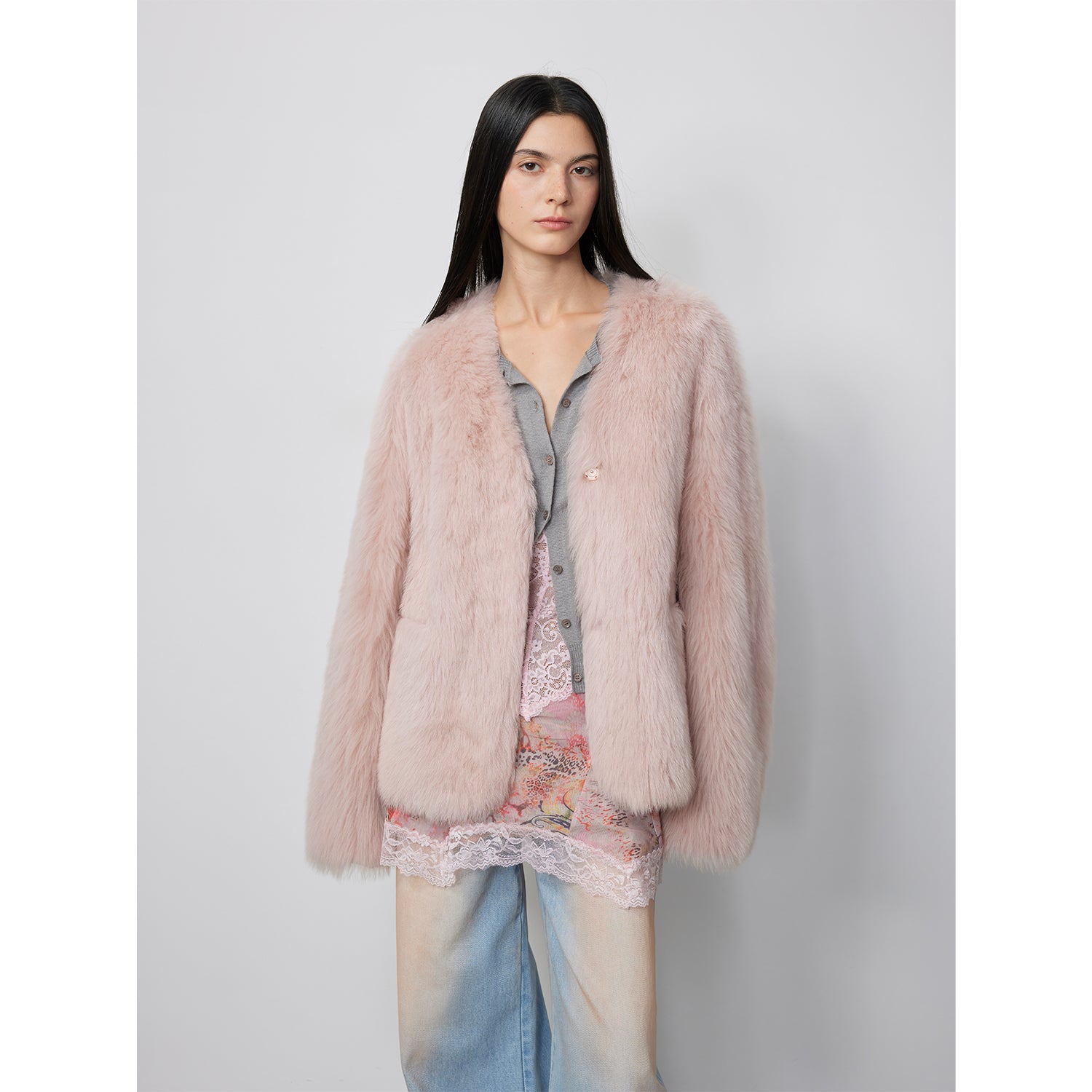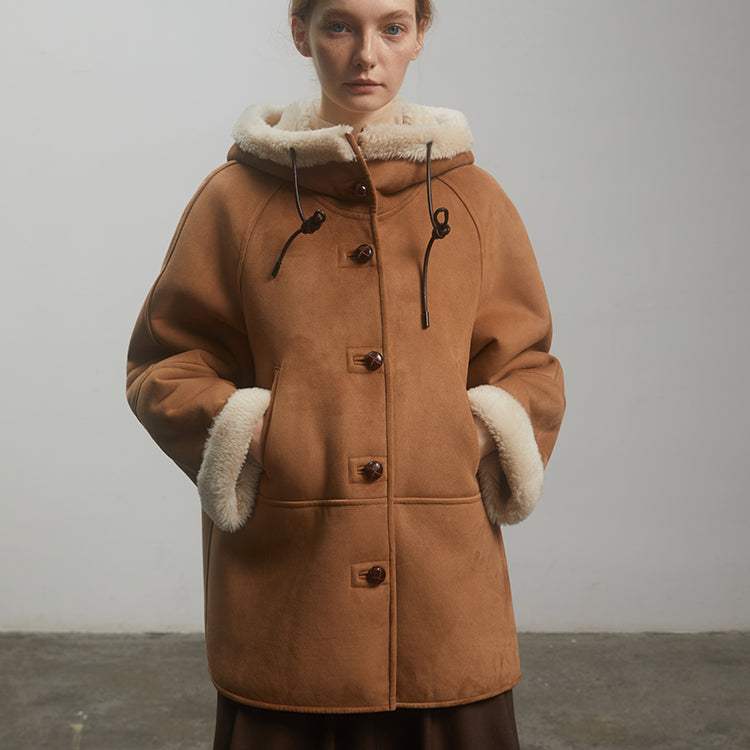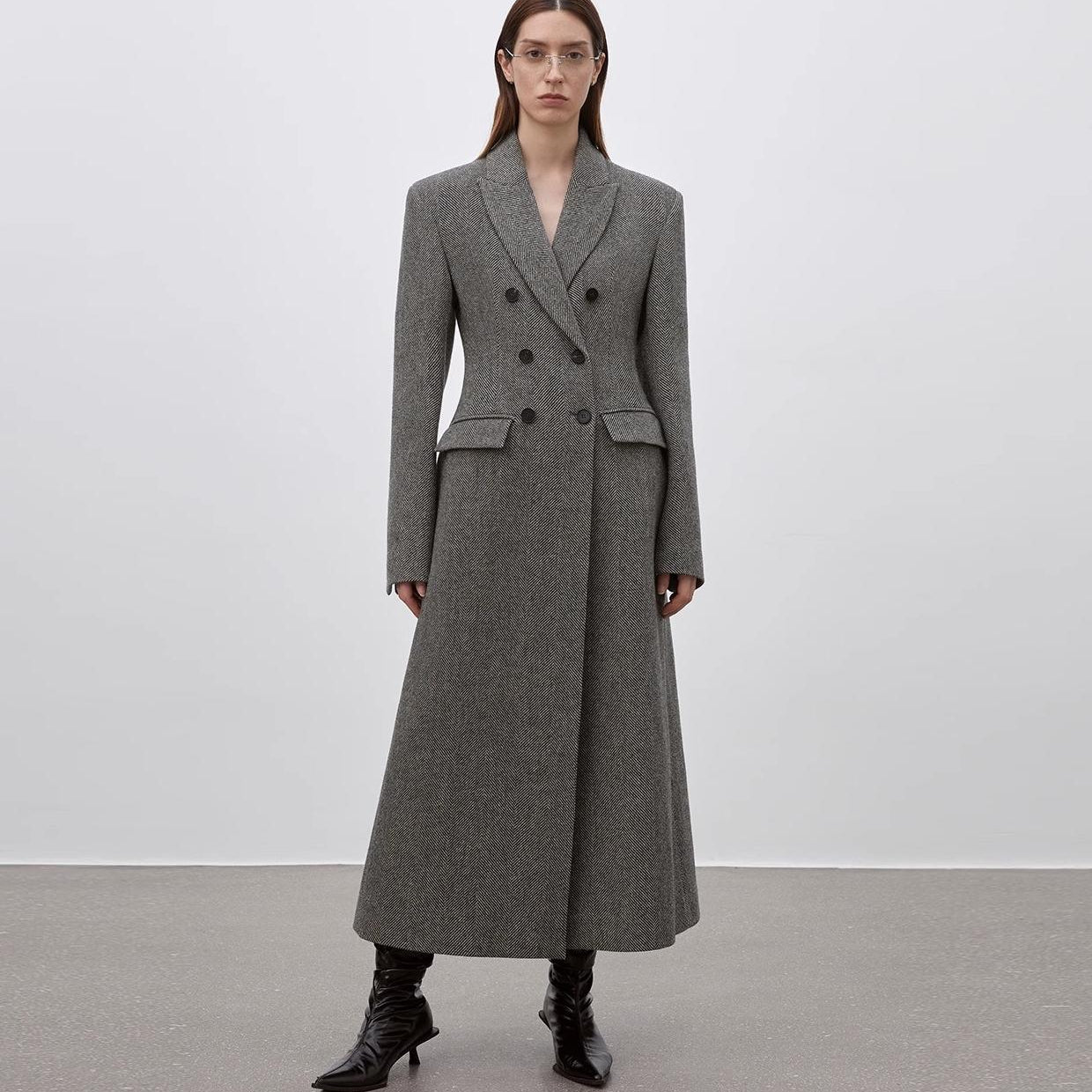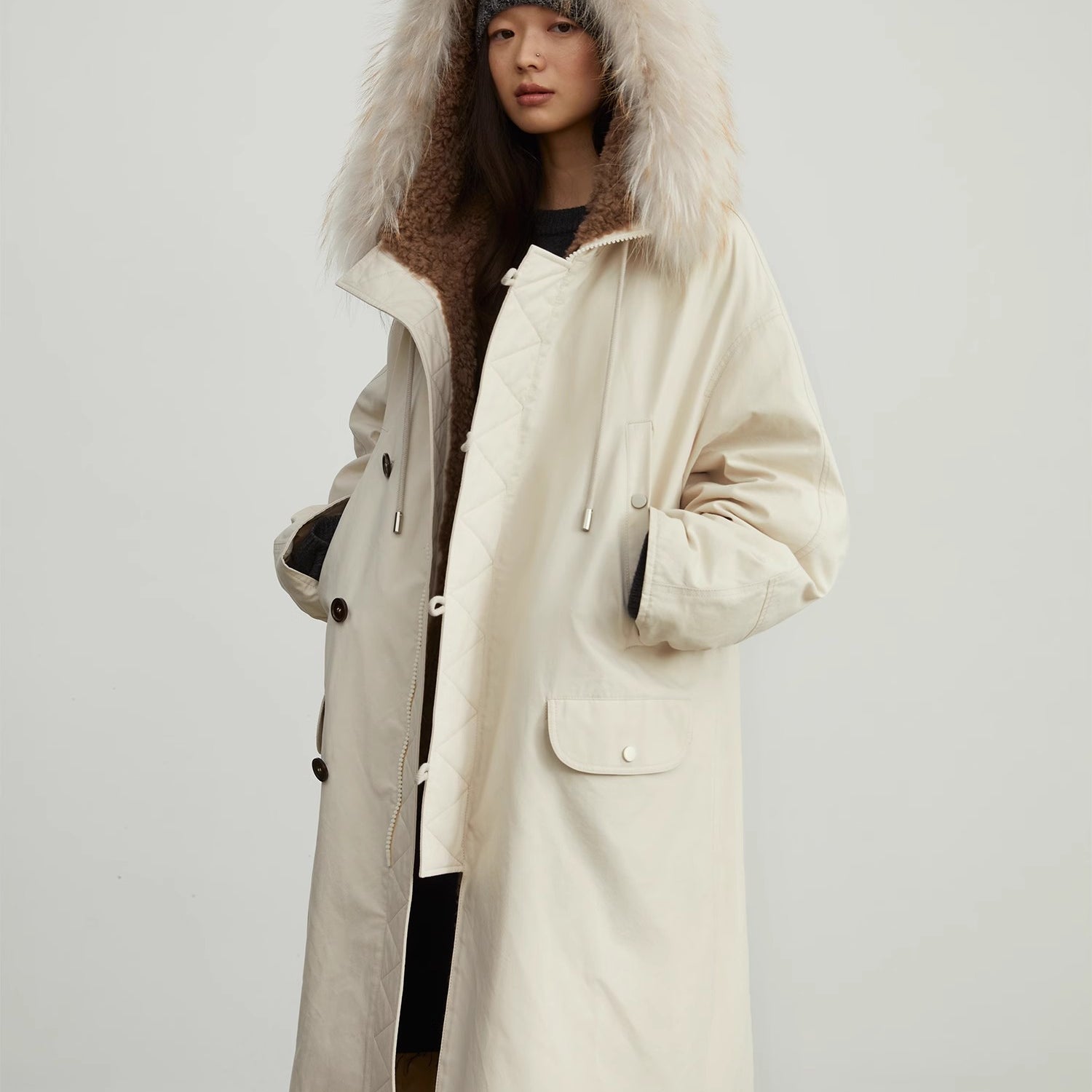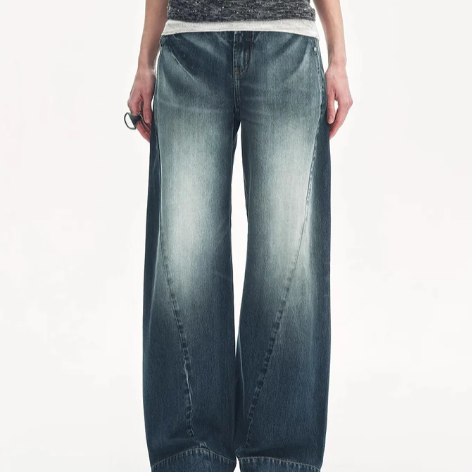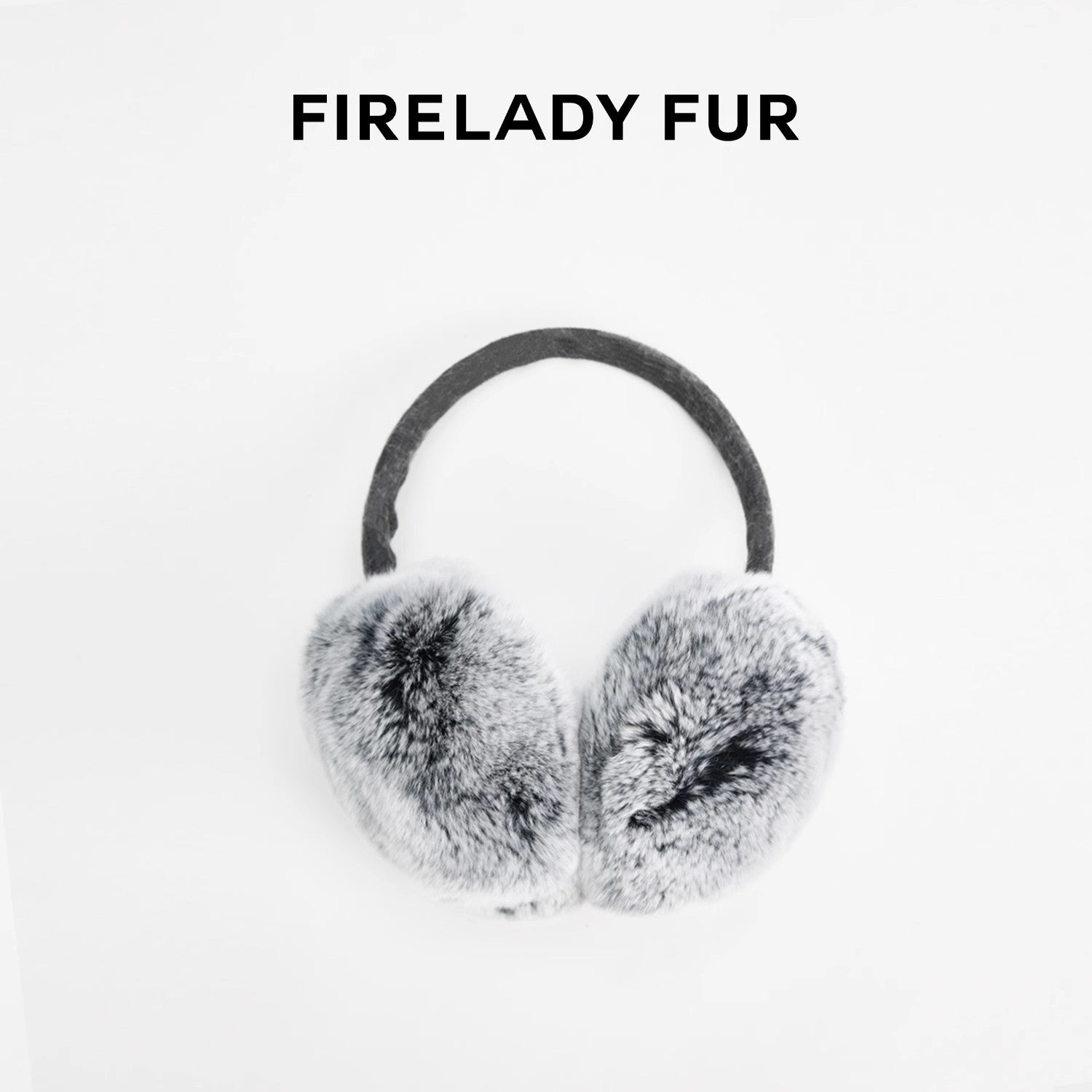《10 Ways to Care for Your Fur Coat》

Owning a fur coat is like possessing a piece of luxury and history. However, this luxurious item requires special care to maintain its beauty and longevity. Here are ten effective ways to care for your fur coat.
1.Proper Storage
When not wearing your fur coat, proper storage is crucial. Always store it in a cool, dry place away from direct sunlight. The ideal temperature for fur storage is between 10 - 15 degrees Celsius. Avoid closets that are stuffy or have poor ventilation. Consider using a cedar closet or a breathable fabric storage bag. Never use plastic wrap or airtight containers, as they can trap moisture and cause mold and mildew growth, which can damage the fur and skin.
2.Regular Cleaning
Regular cleaning is essential to keep your fur coat looking its best. However, you should never attempt to clean it yourself. Take it to a professional fur cleaner who has the expertise and proper equipment to clean the coat without causing damage. They will use special detergents and methods to remove dirt, oil, and stains from the fur and skin. Generally, it's recommended to have your fur coat cleaned at least once a year, or after each wearing season.
3.Avoid Exposure to Heat and Moisture
Excessive heat and moisture are the enemies of your fur coat. Avoid exposing it to direct sunlight, radiators, or heaters, as heat can cause the fur to dry out, become brittle, and the skin to crack. Similarly, heavy rain or snow can lead to water damage. If your coat gets wet, shake off the excess water and let it air dry in a well - ventilated area away from direct heat sources. Never use a hairdryer to dry your fur coat, as the high heat can be extremely damaging.
4.Gentle Handling
Fur is a delicate material that requires gentle handling. When wearing your fur coat, avoid pulling or tugging on the fur. Be cautious when putting on or removing the coat to prevent snagging or tearing. When carrying items like bags or purses, avoid placing them on top of the fur coat, as the weight and pressure can cause deformation or damage to the fur.
5.Regular Inspection
Take some time to regularly inspect your fur coat. Check for any signs of wear and tear, such as loose threads, broken seams, or damaged fur. Look for pests like moths or beetles, which can cause serious damage to the fur and skin. If you notice any small issues, address them promptly before they become bigger problems. For more significant damage, consult a professional furrier for repair advice.
6.Seasonal Conditioning
To keep the fur soft and supple, seasonal conditioning is necessary. A professional furrier can apply special conditioning treatments to the coat, which help to keep the fur moisturized and prevent it from drying out. This is especially important in dry climates or during the winter months when indoor heating can reduce humidity levels. Following the furrier's recommendations for conditioning frequency based on your coat's type and usage will help maintain its quality.
7.Avoid Chemicals
Chemicals can have a detrimental effect on your fur coat. Avoid spraying perfumes, hairsprays, or other aerosol products directly onto the coat, as the chemicals can damage the fur and skin. If you come into contact with chemicals like paint or bleach, blot the area immediately with a clean cloth and take the coat to a professional cleaner as soon as possible.
8.Proper Ventilation
Good ventilation is important for your fur coat's health. When wearing the coat, allow air to circulate around it. Avoid wearing tight - fitting garments over the fur coat, as they can restrict airflow and cause the fur to become damp and prone to odor. When storing the coat, ensure that the storage area has adequate ventilation to prevent the build - up of moisture and stale air.
9.Regular Brushing
Regular brushing helps to remove loose hairs, dirt, and debris from the fur. Use a soft - bristled brush specifically designed for fur. Brush gently in the direction of the fur growth to avoid damaging the fur. This not only keeps the coat clean but also stimulates the natural oils in the fur, promoting its health and shine. Be careful around areas like the collar and cuffs, where dirt tends to accumulate more easily.
10.Professional Maintenance
Even with the best care, your fur coat will require professional maintenance from time to time. Schedule regular check - ups with a professional furrier. They can assess the coat's condition, perform any necessary repairs, and provide advice on how to continue caring for it. If you notice any changes in the coat's appearance or texture, such as discoloration, thinning fur, or a change in the smell, consult a fur professional promptly to address potential issues before they worsen.
By following these ten care tips, you can ensure that your fur coat remains a stunning and luxurious garment for many years to come. With proper care and attention, it will continue to provide warmth and elegance, becoming a cherished piece in your wardrobe.








